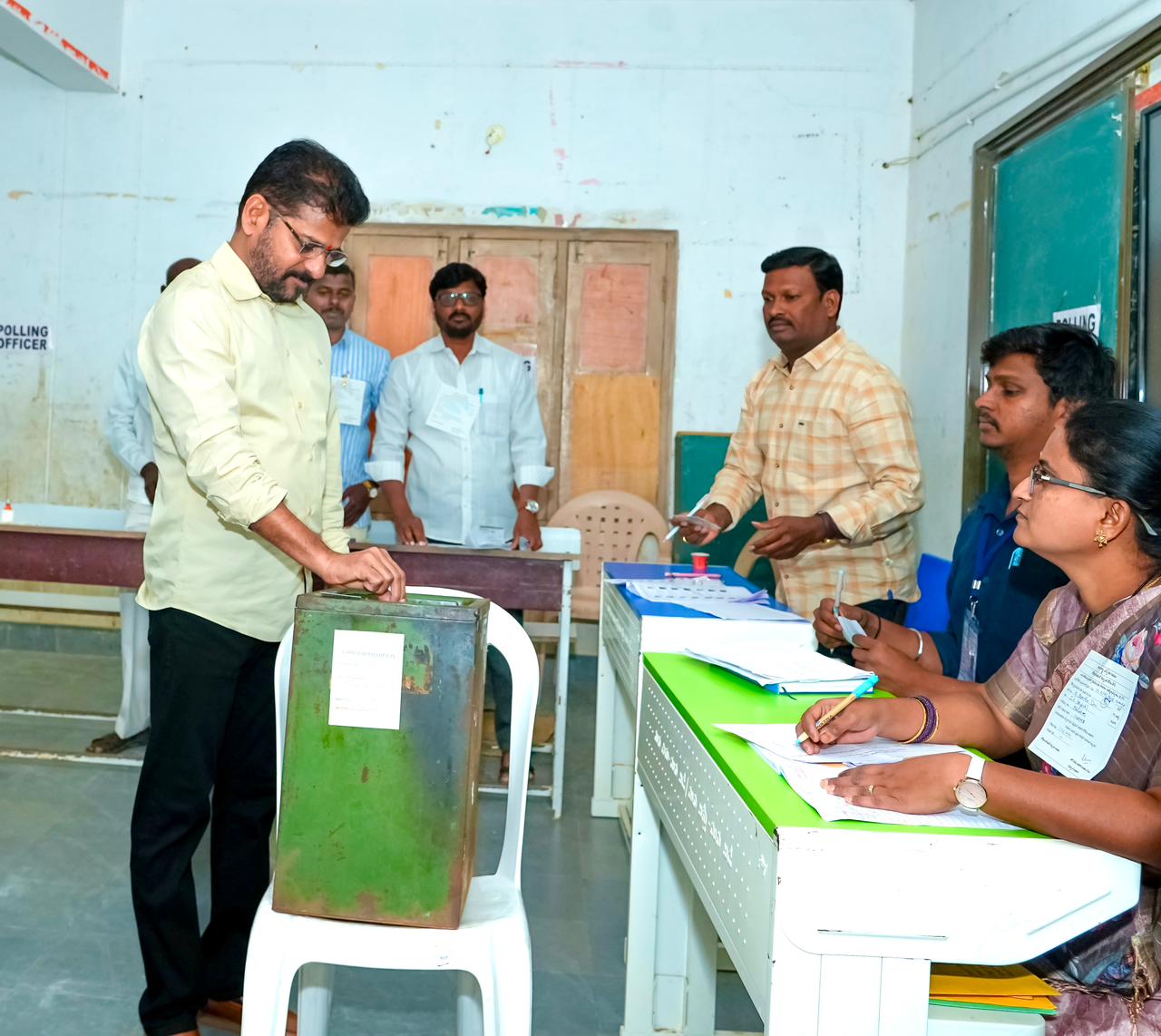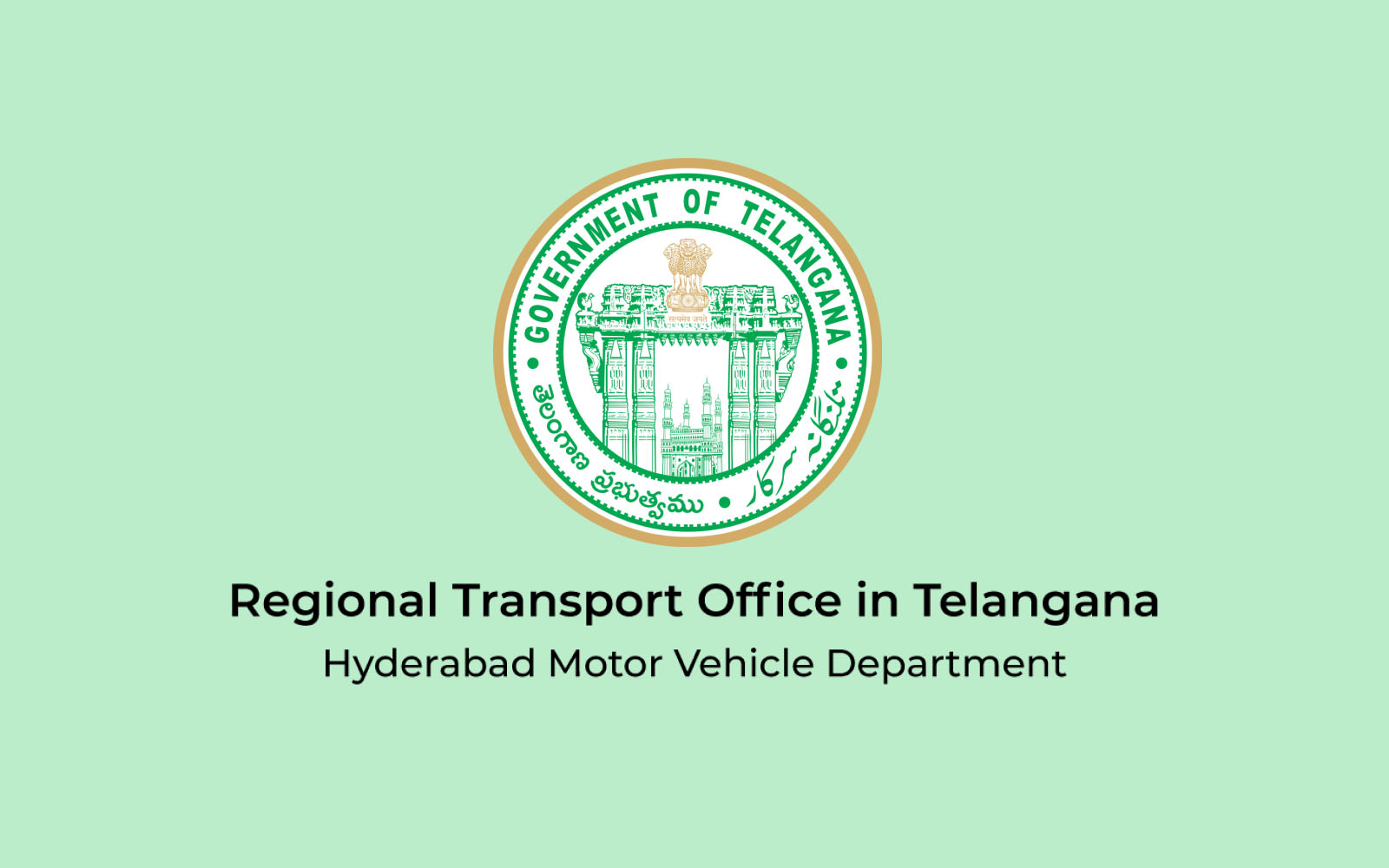Hyderabad, Jan.30: Sustainability reporting is the disclosure and communication of environmental, social and governance (ESG) goals—as well as a company’s progress towards them. It should not be treated just as a routine work, tick marked as done. It should have a success story and continuous progress must be reported, said G. Bala Subramanyam, Chairman of the Environment Committee of FTCCI while making a presentation on Sustainability Context Setting immediately after opening a day-long seminar on ‘Sustainability Framework for Industry’ Formerly Advisor to ASCI and Joint Chief Environmental Engineering, Andhra Pradesh Pollution Control Board, said “I used to think of sustainability as a buzzword at the beginning of my career. But it is no longer the buzz word, instead, it is the need of the hour. Sustainable is that word that meets the needs of the present without compromising the ability of future generations to meet their own needs. It is much more than a buzzword — it’s a critical responsibility that organisations can no longer afford to ignore. The essence of sustainability goes beyond merely talking and reporting as a matter of statutory compliance. It is securing the future for future generations”, he said.
He spoke about three pillars of sustainability—People, Profit and Planet, alternatively 3Es–Economic, Environmental and Equity(social). Sustainability is the balance between profit and purpose, he added. He told his participants to see sustainability both as an opportunity and a challenge, G. Bala Subramanyam said. He gave successful examples of sustainable practices of CIPLA, Aurobindo Pharma, Dr Reddy’s, Piramal and GSK as reported in their annual reports. Towards the end of his presentation, there was a question-and-answer session, where a participant asked Sustainability framework for Industry is fine, but, what about the government, Political Parties and Elections? Now that general elections are around the corner, why don’t we promote greener elections, flex-free elections, and pollution-less commuting? Why don’t political parties talk extensively about environment-related issues in their manifestos? Bala Subramanyam responded positively and said it was the right time to raise the issue and sensitize people, parties and the election commission. The political parties must prioritize climate change in their manifestos, commented a participant, who is an ESG (Environmental, social and governance) professional from a private industry. The two leading national parties BJP and INC, had both climate-related promises. I hope that the issue will play a significant role in the party manifestos in the coming few months, added another participant. The parties must also highlight in their manifesto the need to focus on the deteriorating soil quality added another participant. The participants hoped that the coming general elections would be green, where we don’t have to see the use of flex and nonbiodegradable materials. Maybe we get to see paper posters as viable alternatives and many such green materials. Meela Jayadev, president of FTCCI, Keerthi D Souza, MD of Life Giver Professional Service LLP, Priyanka Pothana, MD and CEO of General Carbon Advisory Services Pvt. Ltd, Metlapalli Srinivasu and Dr Vijaya Pavuluri, also spoke.




